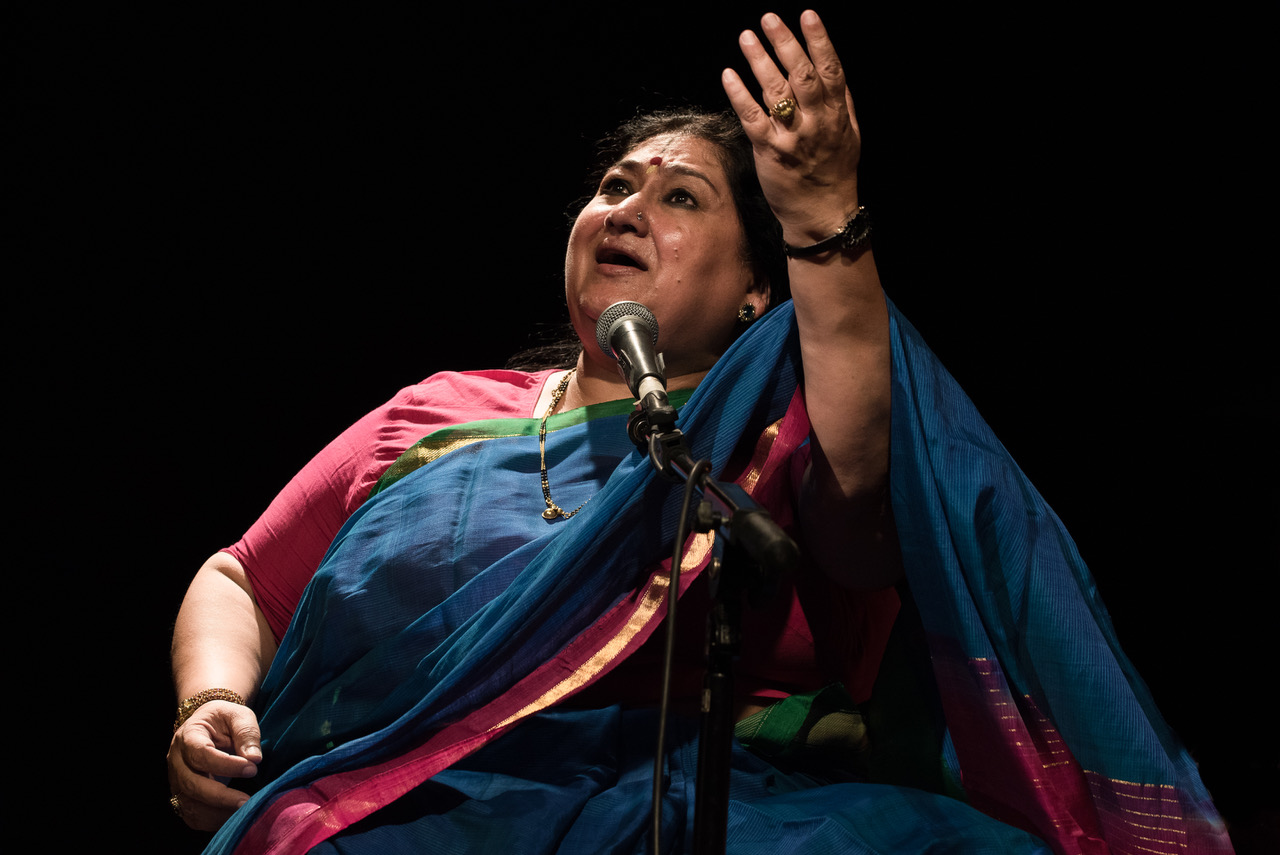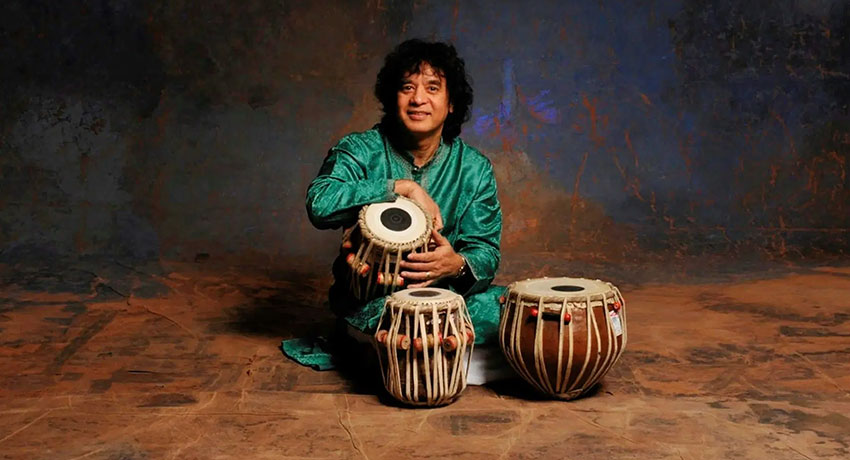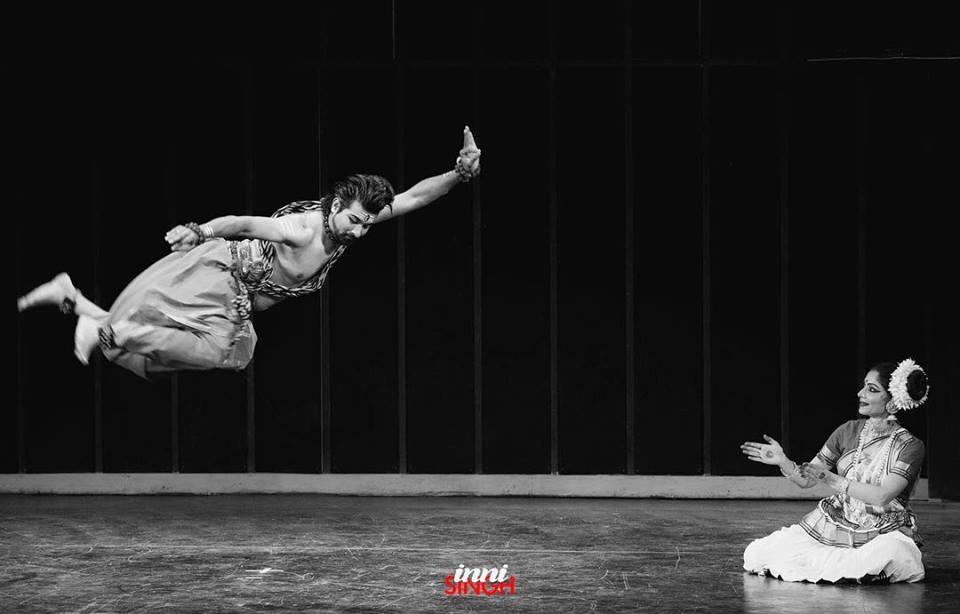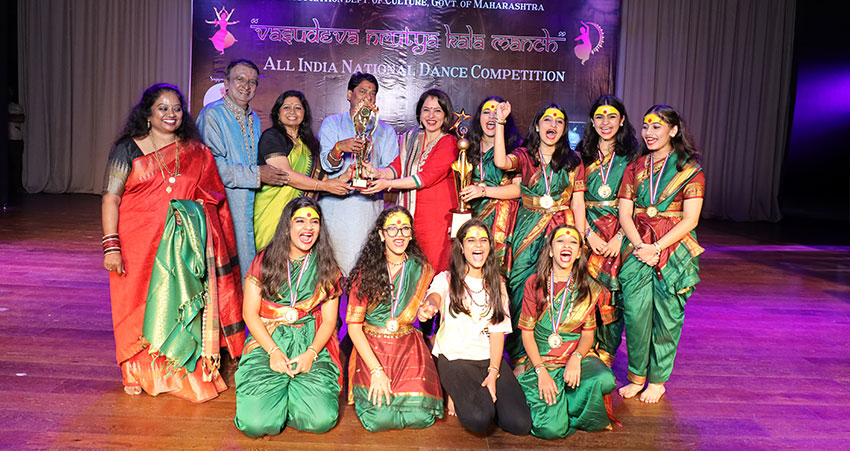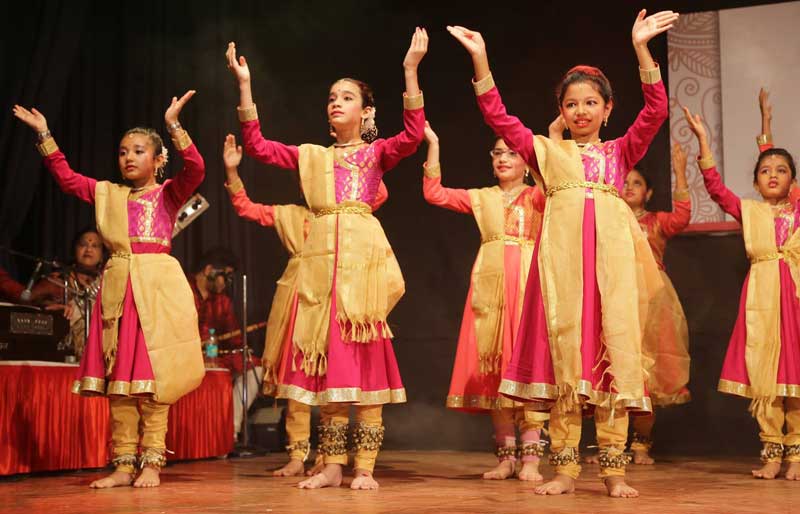Shubha Mudgal is among the rare breed of classical vocalists who has introduced a whole new concept to classical singing. Her albums stand testimony to the fact . She is a trendsetter, not just as a composer and singer but as a torchbearer for struggling artists.
Shubha Mudgal, the diva of Indian Classical Music, regardless of being under the spotlight for a few decades now, still essays the role of a student of music to the core by remaining eager to grasp the best in the world of music by remaining an ardent listener. Despite the acclaim, she has received over the years from cognoscenti and the general public and by way of prestigious awards like National Film Award for Best Non-Feature Film Music Direction for ‘Amrit Beej’ and Padma Shree in the year 2000, Shubha Mudgal remains humble and soft-spoken. “I would describe my music as work in progress”, says the acclaimed vocalist.
In her own words, Shubha Mudgal explains,
“as a student of music, I am also an avid listener, and all around me I hear great voices, witness excellence in the arts and other disciplines. How then can I strut around imagining that I or my music are exceptional?”
Shubha, during her interview to ClassicalClaps revealed that the study of music has given her the confidence to face life with all its challenges, and the strength to sing to audiences knowing full well that there would be many imperfections in her renditions, along with the strength of good, rigorous taaleem (training) provided by some of the most eminent musicians of the country.
At 16, as she had an encouraging familial upbringing, Shubha Mudgal started taking formal lessons in vocal music. It was an intensive period of study having able to learn from several great musicians and illustrious gurus like Pandit Ramashreya Jha ‘Ramrang’, Pandit Vinay Chandra Maudgalya, Pandit Vasant Thakar, Pandit Jitendra Abhisheki, Pandit Kumar Gandharva and Smt Naina Devi.
Music is an integral part of Shubha’s life, it runs in her entire system. Her adventurous quality in music has garnered a large fan following for her. The distinct, husky, powerful and rich voice of hers makes the performances compelling. Shubha did not confine herself to a single genre. Though Khayal and Thumri are her favourites, she has experimented with other forms.
For Shubha Mudgal, it has indeed been a long, tedious and tiring process, but she has emerged as the winner, currently pursuing a glittering career in India as well as abroad. Shubha fought strongly to make her presence felt in this male-dominated industry, by sheer hard work and die-hard spirit. She has indeed emerged with a Diva personality.
As a person, Shubha Mudgal is quite a friendly whose ability to make friends easily is noteworthy. Shubha’s husband Aneesh Pradhan is an accomplished tabla player, the duo has started their own recording company, Underscore Records.
Despite the fame and glory, Shubha values having the gift of music in her life, the support of a wonderful family and the blessings of her revered gurus as the most significant achievements of her life.
Shubha Mudgal is not just a seasoned artist but is also vocal on several concerns affecting the artists’ community and classical music as a whole. Her blogs bring forth vital matters, which have not been touched upon by many stalwarts of the industry.
When we asked Shubha Mudgal on how do we attract new audiences to classical music, especially the elusive ‘young adult’? Her response was positive and conclusive, “by giving them easy access to all genres of music including classical music and letting them explore and discover their own preferences. It would also help if there were well-produced information and educational material that youngsters could access easily if they wanted to know more about classical music.”
Talking about the music audience, she asserts that we cannot compartmentalise the audience of classical music in a particular category. She briefed us on how small music circles function in several parts of the country, how these groups consisting of music connoisseurs have resolutely promoted classical music through very humble subscriptions. “They are unable to offer artists a professional fee, but their listeners are discerning and extremely knowledgeable. On the other hand, there are big well-advertised festivals that attract audiences in droves, but the listeners may not be very well informed. And it is equally possible that for the same performance you could have connoisseurs among the listeners, as well as people who might just want to be seen as a prestigious event.”
Shubha Mudgal, while exposing the grand old myth that only middle-aged people listen to classical music, she shared her experience that children, youngsters, senior citizens and people of all ages listen to classical music.
She draws attention to changing perception towards classical music, “even after putting in a lifetime of sadhana, a classical musician does not earn either the fame or the money that someone working with popular music does? Or that listeners feel it cannot be understood or appreciated by the uninitiated? If the answers to these questions are yes, then perhaps we need to work more on changing the common perception about classical music.”
“Sadly it is an undeniable fact that a career in classical music can be quite the proverbial bed of thorns. Therefore, perhaps we need to work on making it more feasible for young musicians to make a full-time commitment to classical music, and not have to work day jobs in order to support themselves,” she opined.
Shubha Mudgal also shared her views on ClassicalClaps,
“I have read some of the features on classicalclaps.com and am happy to see a new online space opening up that is dedicated to news and information about the world of classical dance and music. My very best wishes for the venture and I hope it finds more and more support and readership in the future.”
On changes in classical music of today in its eagerness to reach out to audiences, she said, “I think classical music cannot remain unchanged if it is to be a living tradition. Therefore losses, changes and adaptations are inevitable.”
Shubha expressing concerns on the future of classical music and of art in India said, “It will probably be one of the great struggle and conflict. Informed support for the arts is dwindling across the world and things are no different in India. However, I can say with certainty that there will always be artists and listeners whose passion for classical music will remain constant and despite the struggles and the challenges, they will continue to dedicate themselves to the study and enjoyment of classical music.”
When enquired about whether classical artists get equal opportunities to get required exposure she commented that, “Wherever money is required for “exposure”, classical music loses out. For some time, the internet provided equal opportunities for classical music and musicians but this too has changed now. Which classical musician or classical music organiser can afford to buy banner space on a once democratic social media platforms like YouTube and Facebook are flooded with classical musicians, many of them young, making their presence felt by posting constantly, but wherever paid advertising takes over, classical music is rarely to be seen or heard.”



